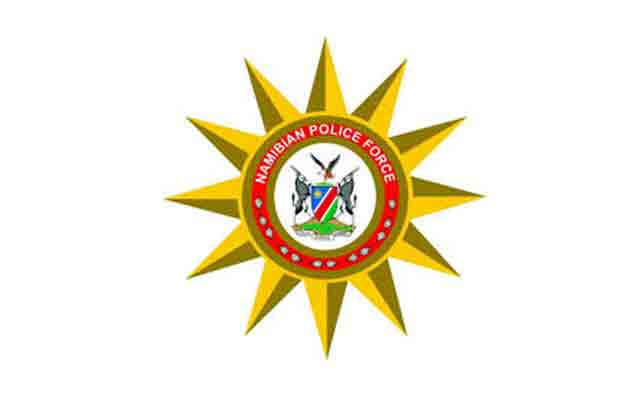JOHANNESBURG – Soaring international crude oil prices could drive South Africa’s fuel prices up by between 30c and 40c a litre, a Department of Minerals and Energy official confirmed on Tuesday.
“There is no doubt we are staring a hefty price increase in the face at the moment,” said Theunis Burger, director of petroleum and gas regulations. “Thirty to 40 cents a litre is possible,” said Burger, who was commenting on economists’ calculations.”Oil prices are at their highest levels ever – even higher than the first Gulf War.”Petrol currently costs R4,41 per litre inland for 93 octane leaded.Burger said that although the review period – which goes from the 26th of one month to the 25th of the next – is not yet over, the department may issue a cautionary statement within the next few days, ahead of its traditional monthly announcement, in the light of a recent oil-price spike.Factors contributing to the spike included international supply constraints and instability in the Middle East oil-producing region.On Monday the price for light sweet crude oil for June delivery hit a record US$41,85 a barrel.The basic fuel price is calculated according to prices charged by international refineries, and what it costs according to the exchange rate to bring it to South Africa.Other components including road levies and customs duties are also added.By Tuesday afternoon the price for Brent North Sea Crude Oil had settled down to about US$37 a barrel on news that a pipeline in northern Iraq will be repaired.South Africans travelling by plane have already felt the effects with airlines forcing passengers to pay a R28 levy for domestic flights and R70 for international and long-haul African flights.”We are in for a big shock,” said Burger.Asked how the department is reacting to the oil price spikes, he said: “The whole world is worrying about it.”Econometrix economist Tony Twine explained that the current predictions are based on the under-recovery during the recent review period.Every day during the review period the Department of Minerals and Energy calculates what the actual cost of fuel is, based on the fluctuating world prices and the day’s exchange rates.The following month’s fuel price is adjusted to make either an under- or over-recovery, Twine explained.- Nampa-Sapa”Thirty to 40 cents a litre is possible,” said Burger, who was commenting on economists’ calculations.”Oil prices are at their highest levels ever – even higher than the first Gulf War.”Petrol currently costs R4,41 per litre inland for 93 octane leaded.Burger said that although the review period – which goes from the 26th of one month to the 25th of the next – is not yet over, the department may issue a cautionary statement within the next few days, ahead of its traditional monthly announcement, in the light of a recent oil-price spike.Factors contributing to the spike included international supply constraints and instability in the Middle East oil-producing region.On Monday the price for light sweet crude oil for June delivery hit a record US$41,85 a barrel.The basic fuel price is calculated according to prices charged by international refineries, and what it costs according to the exchange rate to bring it to South Africa.Other components including road levies and customs duties are also added.By Tuesday afternoon the price for Brent North Sea Crude Oil had settled down to about US$37 a barrel on news that a pipeline in northern Iraq will be repaired.South Africans travelling by plane have already felt the effects with airlines forcing passengers to pay a R28 levy for domestic flights and R70 for international and long-haul African flights.”We are in for a big shock,” said Burger.Asked how the department is reacting to the oil price spikes, he said: “The whole world is worrying about it.”Econometrix economist Tony Twine explained that the current predictions are based on the under-recovery during the recent review period.Every day during the review period the Department of Minerals and Energy calculates what the actual cost of fuel is, based on the fluctuating world prices and the day’s exchange rates.The following month’s fuel price is adjusted to make either an under- or over-recovery, Twine explained.- Nampa-Sapa
Stay informed with The Namibian – your source for credible journalism. Get in-depth reporting and opinions for
only N$85 a month. Invest in journalism, invest in democracy –
Subscribe Now!






